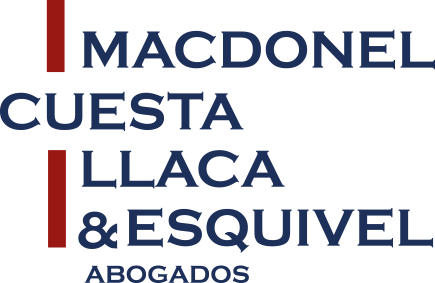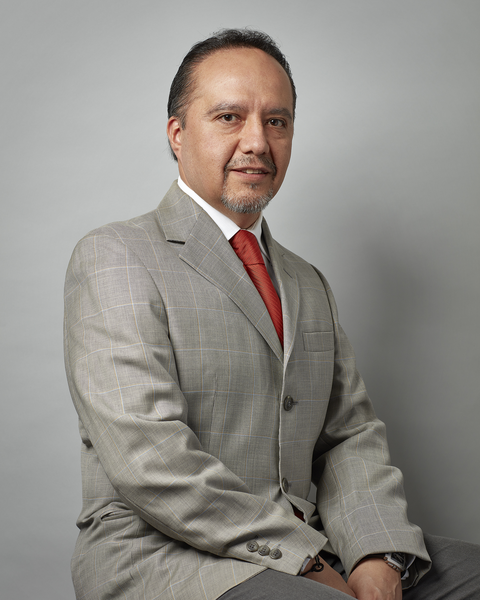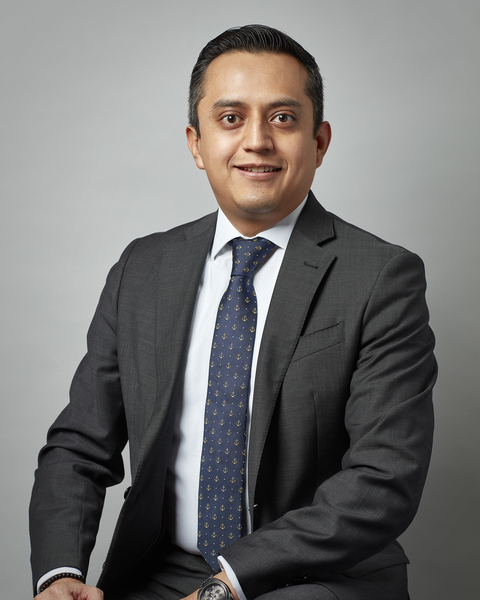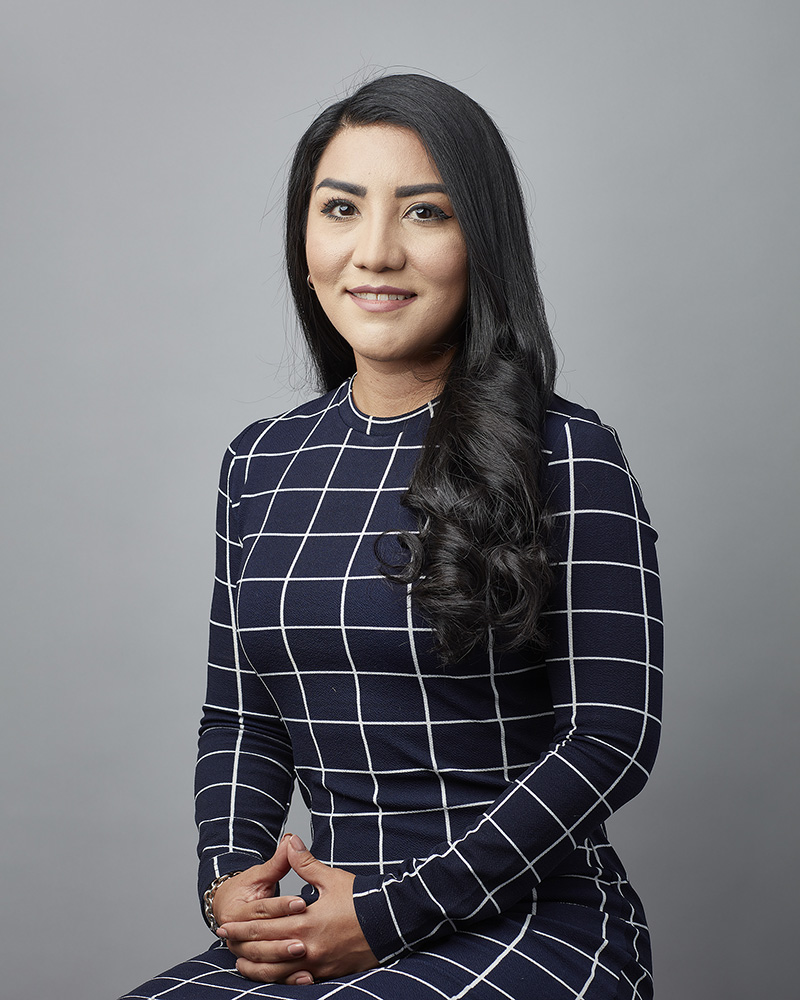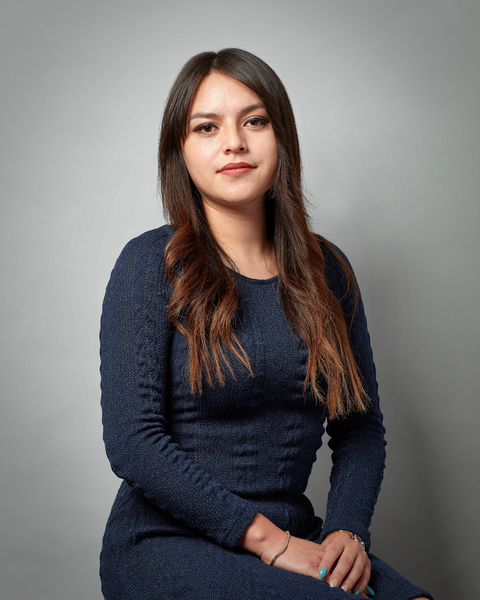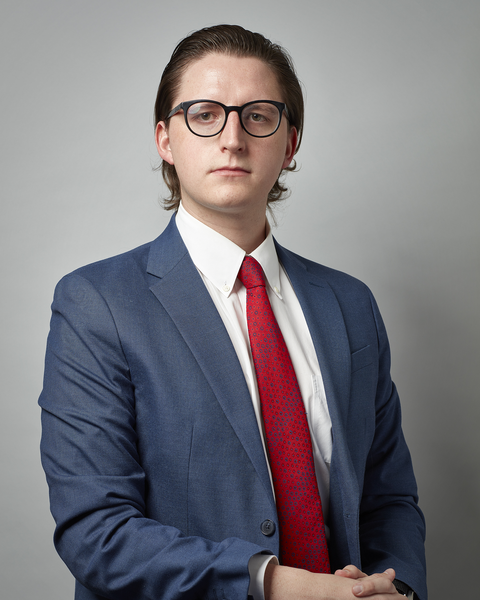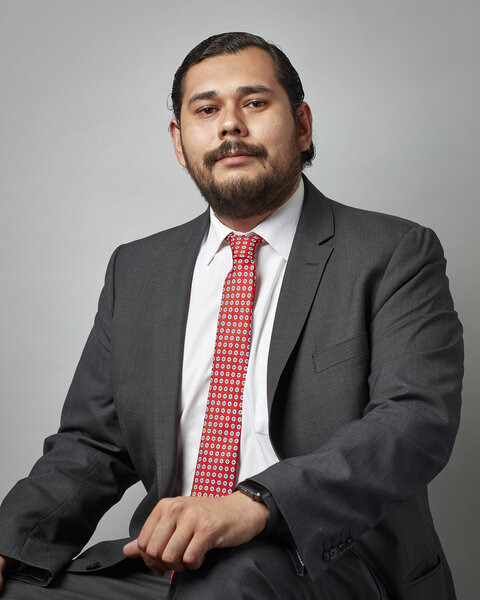Statute of limitations for corporate actions
In Mexico, legal actions against partners or shareholders may be filed for different situations, such as breach of obligations, conflicts of interest, abuse of power, among others. The legal basis for such actions is based on the provisions of the Civil Code, the Commercial Code and the General Law of Commercial Companies.
First of all, it is important to note that legal actions may be brought by both the corporation and the other affected partners or shareholders, i.e., the corporation may bring liability actions against partners or shareholders who have incurred in acts contrary to the law or the corporate bylaws, and the other partners or shareholders may bring liability actions against those who have caused damage to the corporation or to the other partners.
Regarding the statute of limitations for these actions, Article 1045 of the Code of Commerce states that the actions derived from rights and obligations of the partners among themselves by reason of the corporation will be barred in five years. However, it is important to take into account that there are shorter terms for the exercise of certain actions, such as, for example, the term of one year to exercise liability actions against the administrators of the company.
In this sense, we can mention that the aforementioned term is interrupted by the filing of a lawsuit or by any other act that implies the acknowledgment of the debt or liability.
Likewise, it should be noted that those interested in exercising a legal action should consider that the statute of limitations is fatal, and there will be no room for the restitution of the same, for which reason, it is essential to consult a specialized attorney to obtain specific legal advice on each case.
Can moral damages be quantified?
SCJN. Thesis number 1a./J. 109/2023 (11a.). NON-MATERIAL DAMAGE. GENERAL GUIDELINES FOR ITS QUANTIFICATION.
The First Chamber of the Supreme Court of Justice of the Nation (SCJN) in resolving the direct amparo in review 2558/2021, analyzed the issue of moral damages, and established the guidelines to be followed to quantify it.
The origin of this matter arose from a strict liability lawsuit filed by a person after the death of his son as a result of an electric shock. In the first instance, the defendant and the insurer were acquitted; subsequently, on appeal, the Unitary Circuit Court declared that the indemnity for pecuniary damages was inadmissible; however, it sentenced the defendants for pain and suffering damages, establishing their quantification in correlation with the amount that would have corresponded to the material damage.
Finally, the plaintiff filed an amparo proceeding, which was denied, since the Collegiate Circuit Court considered that the way in which the moral damages were quantified was correct. In disagreement with this decision, an appeal for review was filed.
It should be noted that there is a complexity when quantifying moral damages due to the fact that it is considered "an injury to a non-patrimonial (or spiritual) right or interest that is a presupposition of a subjective right".
In this sense and according to the provisions of article 1916 of the Federal Civil Code (CCF), the SCJN detailed several aspects that serve as a guide when quantifying the moral damage.
1. Full reparation of moral damages must be sought at all times. Limits or legal ceilings previously established or base parameters without the possibility of modification or casuistic assessment by the judge are not accepted.
2. Compensation must be comprehensive, equitable, fair and expeditious.
3. Do not condition or limit the moral damage to the compensation for material damage, since each one responds to its own particularities. Overlapping or duplication of compensation for each of them should be avoided.
4. Do not confuse the assessment of the existence of moral damages with the quantification of the corresponding compensation; they are conceptually different operations.
5. The elements of quantification provided by law are merely indicative factors, they are a guide for the actions of the judges, based on the function and purpose of the right to compensation for pain and suffering.
. The applicability of the elements of quantification of an indemnity must be distinguished in a case of subjective civil liability from one of strict civil liability.
7. The judge must respect and protect the right to legal equality.
8. The principle of not overcompensating the victim or unjustified enrichment should be safeguarded.
9. In specific and necessary cases to reduce the compensation of moral damages, this situation will be exceptional and will occur when in the trial it is demonstrated that the compensation that proceeds will generate an oppressive burden for the responsible party in light of the economic situation of the parties; in particular, in order to protect the right to the minimum vital.
For the application of the provision in these cases, it is necessary to differentiate with the legal entities, specifically if it is an insurance company, since they cannot demand this reduction as far as their scope is concerned since, contractually, they must respond for the total of the insured amount.
President of the SCJN: The implementation of the new labor justice system urgently needs to be finalized
Norma Lucía Piña, President of the Federal Judiciary Council (CJF) and of the Supreme Court of Justice of the Nation (SCJN), stated that the constitutional reform in labor matters moved towards a new way of analyzing the relationship between workers, employers and unions, which has implied radical transformations in the administration of justice by the Federal Judicial Branch (PJF) and local judicial bodies.
In this sense, the Minister assured that in order to achieve the proper functioning of the labor justice system, the professionalization and constant training of those who work in the PJF is essential.
Likewise, she asserted that it is necessary to concretize the stages for the implementation of the reform, betting on more jurisdictional bodies, judges, operative personnel, experts and legal advisors that allow the proper functioning of the labor justice system.
He emphasized that the reform established conciliation as a mandatory pre-judicial administrative instance and that the Mexican State, being part of the Treaty between Mexico, the United States and Canada (T-MEC), is obliged to guarantee access to all persons, for the application of labor laws and to provide the necessary resources to continue advancing in the international commitments acquired in this matter.
It is important to highlight that, in the new justice system, it was proposed to work in two stages -one of conciliation, the other of trial- with the objective of reducing the time to resolve conflicts to a maximum of eight months. The first stage of conciliation is a pre-judicial requirement and has a limit of 45 days. The second stage will take place when the conciliation fails and the "No Conciliation" act is issued; subsequently, the worker may go before the competent Federal or Local Court, which is supposed to resolve the dispute within a term not exceeding six months.
Likewise, it is pertinent to point out that, according to figures of the current administration, the new Labor Justice model has allowed four out of every five labor conflicts to be resolved through Conciliation, and that of these 78% are concluded within 25 days after the request is made before the Federal Center of Conciliation and Labor Registry. In practice, we can see that the conciliations are inclined to favor the workers, forgetting the workers' interests.
For his part, Héctor Arturo Mercado López, Magistrate of the First Collegiate Tribunal in Labor Matters of Mexico City, considered that the current reform "was made by forced marches", and affirmed that the country's labor justice system must be evaluated.
In the face of the polarized opinions generated by the reform to the new labor justice system, the challenges are still present, since there are many companies and unions that are still not clear about the new labor regulations, since it implies not only changing rules and processes, but also a true transformation of the labor culture where respect for the human rights of the parties and a healthy balance between the factors of production prevail.
For any questions regarding this topic, please contact our experts in the labor area:
Esther Uribe Soria
euribe@muclaw.mx
Mexico: Global investment focus
Mergers and acquisitions increase due to the rise of nearshoring
With the increase of the so-called nearshoring in Mexico, the country has become one of the main investment focuses worldwide, thanks to the production costs and the logistic facility due to its proximity to the United States; an example of this is the manufacturing sector, which grew 1.7% in January 2023, compared to the same period in 2022, according to the National Institute of Statistics and Geography (Inegi).
This has led to an economic growth of 3% for the whole year, which has been reflected in the increase of Mergers and Acquisitions (M&A) throughout the country. This increase reached a value of 7.8 billion dollars in the first four months of 2023, an increase of 189% over the 2.7 billion dollars of the same period last year.
Thus, and according to the firm that tracks mergers and acquisitions, Private Equity & Venture Capital, as well as comprehensive corporate information in Latin America and Ibero-America, Mexico ranked second in the M&A business in the region, only surpassed by Brazil.
The report, which also presented a quarterly analysis of the Mexican panorama in which the market dynamics can be evaluated, gathered a complete and correlational study of the most active economic sectors, as well as the most outstanding transactions, which allowed concluding that, since January 2022, U.S. companies were the ones that carried out the largest number of acquisitions with Mexican companies.
It is important to highlight that during the first four months of the year, the sectors that have presented an increase in M&A activities of Mexican companies abroad are: industrial, with 43.8%; information technology (IT), with 12.5%; financial, with 12.5%; consumer, with 12.5%; and telecommunications, with 6.3%.
In the current situation, transactions and partnerships must be strategic and meticulously chosen to represent a clear benefit for both parties, since all procedures related to nearshoring also present legal, cultural and operational challenges and considerations that must be carefully evaluated in the M&A process. Furthermore, decision evaluated in the M&A process. Furthermore, decision making in this area must be based on a thorough analysis of market conditions, strategic objectives and the financial viability of the proposed operations.
For this reason, it is essential to have a comprehensive and specialized legal team.
For more information, please contact us:
Bernardo Llaca Martínez
bllaca@muclaw.mx
Luis Cuesta Salces
lcuesta@muclaw.mx
dcanals@muclaw.mx
Diego Canals López Velarde
Juan Carlos Román Abrego
TEAM
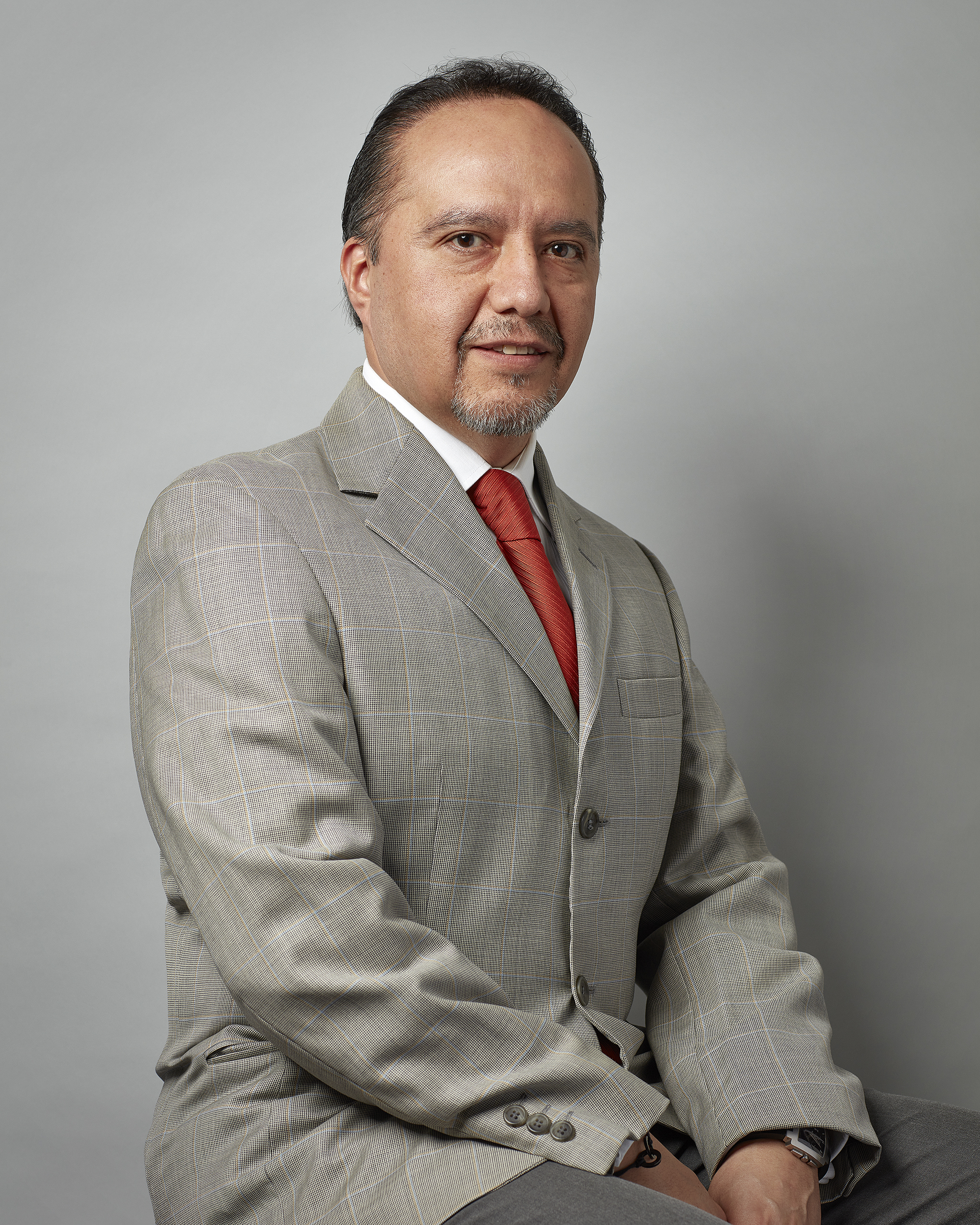
With more than 15 years of experience, Juan Carlos has extensive knowledge that has allowed him to develop a specialization in the area of Intellectual Property and Copyrights, both locally and internationally. He has also been recognized for his professional ethics, commitment to the client and his ability to solve highly complex problems.
Juan Carlos has worked closely with foreign correspondents to assist clients in different jurisdictions. In addition, he has acquired vast experience in the management of INTA’s annual agenda, control, updating and database management of applications, trademark registrations and reservations of rights.
AREA OF EXPERTISE
Throughout his career, Juan Carlos has specialized in the area of Intellectual Property and Copyrights, achieving constant cases of success in conducting trademark background searches and feasibility analysis, filing trademark applications and their classification, reports on obtaining Certificates of Registration, Renewals, Declarations of Use, Change of Name, Change of Address, Assignment of Rights, attention and conservation of Industrial Property rights and Copyrights in the national territory and abroad.
English and Spanish
- Law Degree -2010
Miguel Ángel Barragán Díaz
TEAM
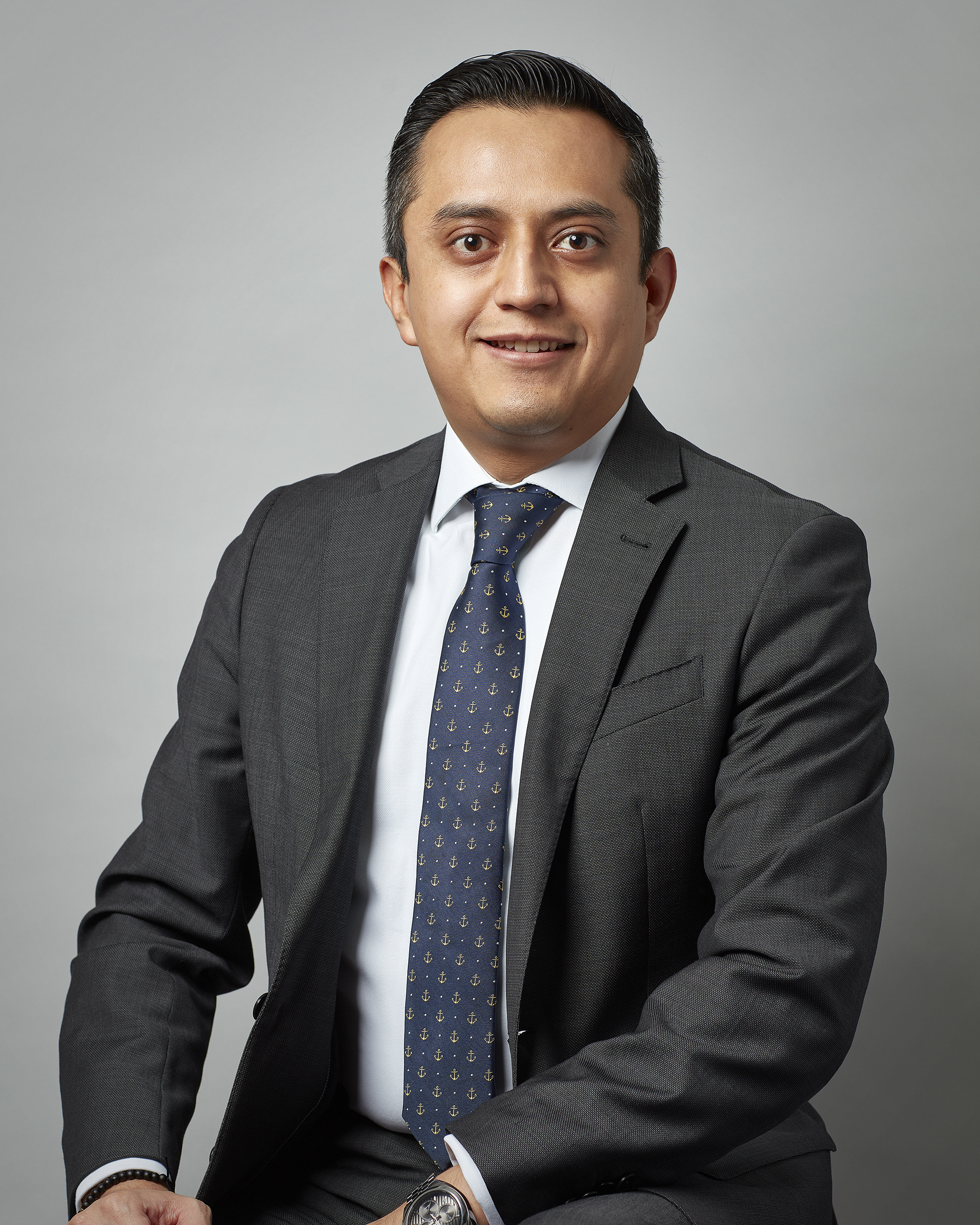
Miguel Ángel Barragán Díaz
LAWYER
abarragan@muclaw.mx
Barragán Díaz is a lawyer by the Universidad Nacional Autónoma de México. His professional activity has always been directed to Business Law and to provide solutions in all the fields involved in it, specializing in the area of Contracts, Corporate Law and Commercial Litigation.
AREA OF EXPERTISE
Mr. Barragan has extensive experience in professional practice as a litigator in Corporate Law, Commercial Litigation, Intellectual Property and Administrative Law.
English and Spanish
- Law Degree. Universidad Nacional Autónoma de México – 2011.
- Escuela Libre de Derecho. Diploma in Corporate Law – 2016.
- Universidad Panamericana Master ‘s Degree in Corporate Law – 2022.
Nadia Espinosa Rebollo
TEAM
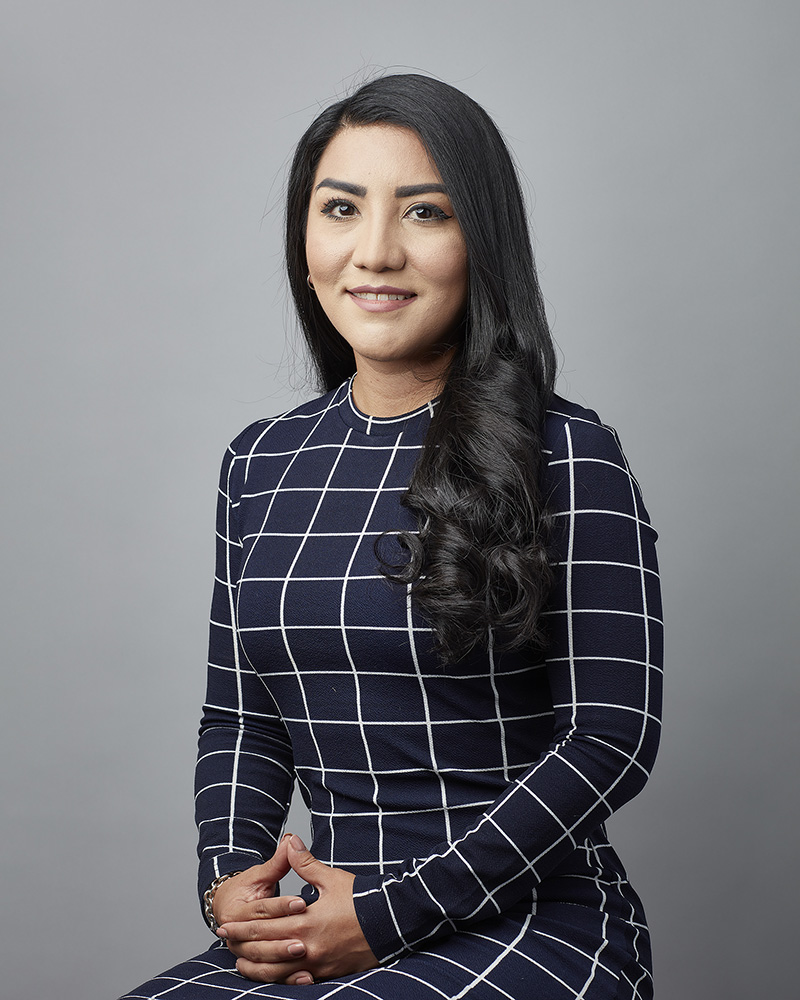
Nadia Espinosa Rebollo
LAWYER
nespinosa@muclaw.mx
Nadia has more than 10 years of experience in civil and commercial litigation, specializing in insurance and reinsurance matters, being a key member of the litigation team, where she has obtained important success cases.
AREA OF EXPERTISE
Nadia is an excellent professional, with the ability to solve the most complex insurance and reinsurance problems. Her extensive knowledge, together with her ability to develop effective strategies, makes her a highly qualified lawyer in her area of expertise.
English and Spanish
- Law Degree, Universidad Autónoma de México.
- Diploma in Attachment and Judicial Auction in Civil and Commercial Matters, Centros de Estudios Carbonell – 2019.
- Diploma in Mediation Techniques in Family Matters: Practical Workshop, Centro de Estudios Carbonell – 2019.
- Diploma in Oral Trials, Universidad Autónoma de México – 2020.
- Nadia is the head of the commercial litigation area, and throughout her experience she has handled more than 500 insurance and reinsurance cases, achieving successful results that translate into significant economic savings for each of her clients.
Sayra Álvarez Argote
TEAM
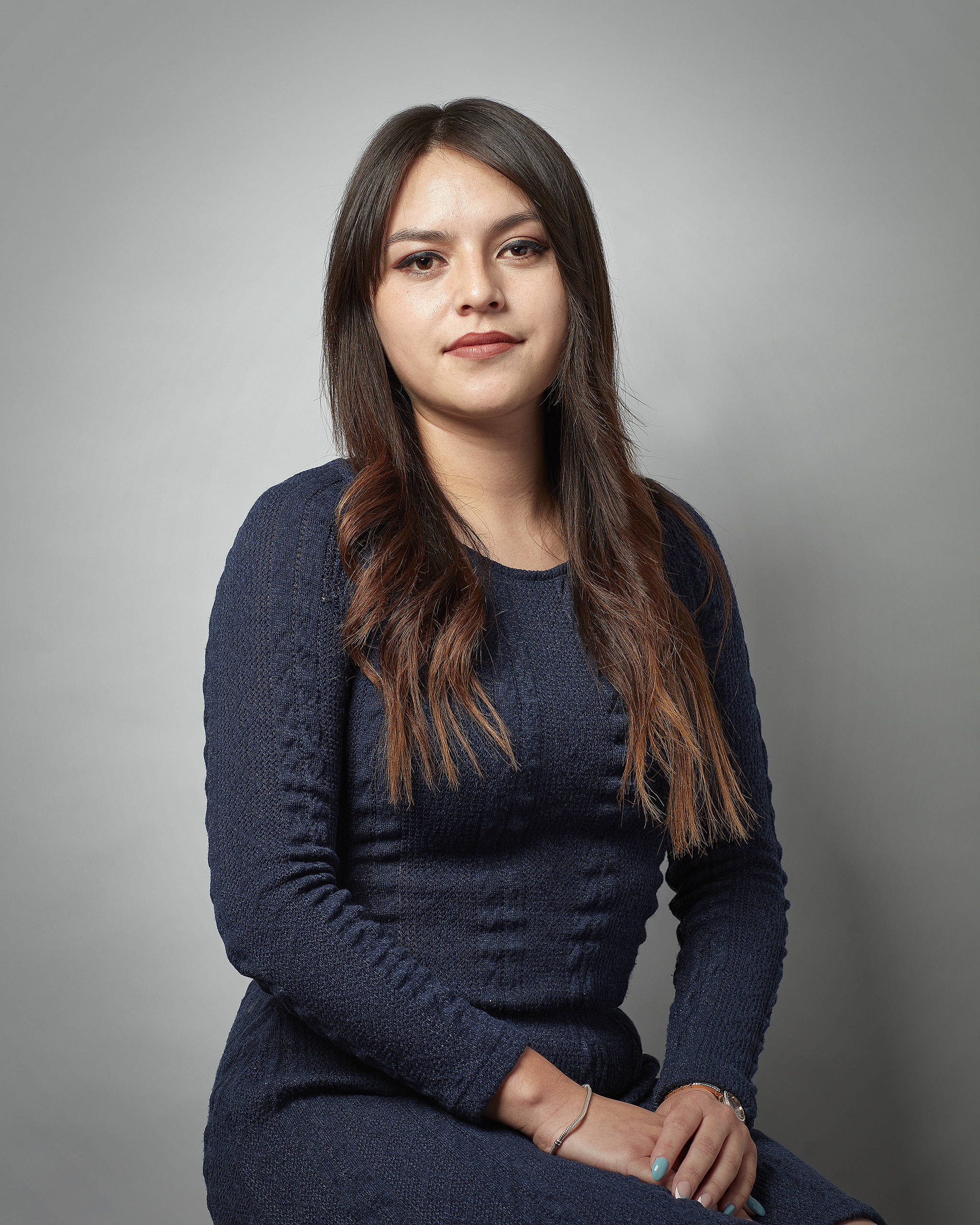
Sayra Álvarez Argote
LAWYER
salvarez@muclaw.mx
Sayra completed her studies at the Universidad Autónoma de México as a law graduate. She has collaborated with high-profile firms, which has given her a comprehensive approach to legal representation and positions her as a promising young lawyer.
AREA OF EXPERTISE
She specializes in the operation of corporations, incorporation, organization and administration of corporate obligations, corporate restructuring and dissolution, drafting, review and analysis of contracts necessary for the proper functioning of companies, attention to clients of advertising companies and record companies.
English and Spanish
- Bachelor’s Degree in Business Law from the Universidad Autónoma de México 2022.
Anti-Bribery and Corruption Training Course: Conducting Due Diligence on HCP ́s Outside of the U.S. - HCP ́s Outside of the U.S – Merck Sharp & Dohme (Merck Sharp & Dohme or MSD is one of the largest pharmaceutical companies in the world).
- Diploma in Procedural Law – UNAM
Diploma in the New Accusatory Criminal System (oral trials) – UNAM
Fernando Pérez Stoopen
TEAM
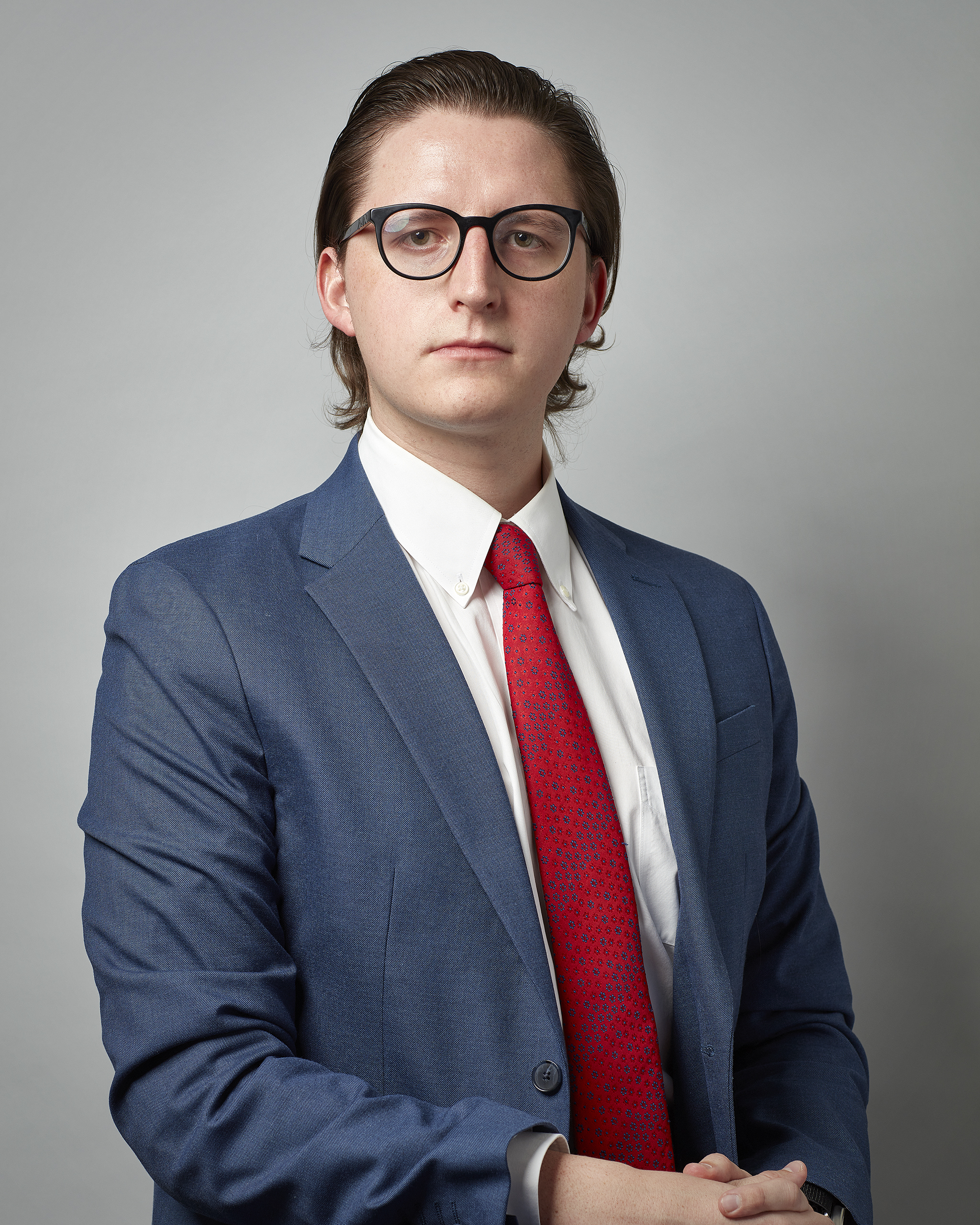
Fernando Pérez Stoopen
LAWYER
fperez@muclaw.mx
A graduate of the Universidad Panamericana with a law degree, Fernando is a criminal litigation attorney. He has vast experience in the execution of oral trials. He has participated in the design and implementation of compliance and integrity policies (Criminal Compliance Program) as well as crime prevention and criminal liability programs for multiple national and foreign companies. He is also a pioneer in advising on the application of the U.S. FCPA and the British Bribery Act in our country.
AREA OF EXPERTISE
He has been dedicated to litigation and consulting in criminal matters, specializing in matters related basically to the corporate area. Likewise, he has extensive experience in the fight against patrimonial, industrial and intellectual property crimes, as well as in the defense of matters related to environmental and tax matters.
LANGUAGES
English and Spanish
STUDIES
- Law degree from Universidad Panamericana, 2021.
- Course on Enforcement of Judgments given by Judge Víctor Manuel Nava Cassaruvias, 2020.
- Diploma in Amparo Indirecto en Materia Penal, Universidad Nacional Autónoma de México, School of Law, 2020.
- Diploma in Amparo Proceedings against Procedural Violations in Criminal Matters, Law School of the National Autonomous University of Mexico, 2020.
- Diploma in Procedural Strategies in the Accusatory Criminal Procedure, Instituto de Formación Profesional y de Estudios Superiores de la Fiscalía General de Justicia de la Ciudad de México, 2020.
- Course on Emotional Intelligence for Operators of the Accusatory System given by His Honor Dr. Ángel Aarón Cámara Atristain, Control Judge of the Superior Court of Justice of Mexico City, 2021.
- Course on the Presentation of Evidence in the Oral Trial Stage given by His Honor Mr. Alberto Tornero Arellano, Judge assigned to the First Court of Appeals in Criminal Matters of the Texcoco Region of the Judicial Branch of the State of Mexico, 2021.
- Diploma in Indirect Protection in Criminal Matters, its problems in practice given by Dr. Baldomero Mendoza López, School of Law, Universidad Nacional Autónoma de México, 2021.
- Course on Criminal Procedure for Legal Entities and Psychology of Testimony given by His Honor Dr. Ángel Aarón Cámara Atristain,Control Judge of the Superior Court of Justice of Mexico City, 2021.
- Diploma in Claim and Payment of Damage Reparation in Mexico given by Dr. Arturo Altamirano González at Centro de Estudios y Capacitación, S.C., 2021.
- Master’s Degree in Accusatory Criminal Procedural Justice System and Specialization in Oral Trials, both at the Instituto de Estudios y Capacitación Jurídica, A.C. at the Judicial School of the Judicial Branch of the State of Mexico. Attending.
- Obtained the first Amparo in the history of our country declaring the unconstitutionality of the Civil Code of Mexico City, which represented an important and avant-garde historical advance in the recognition of fundamental rights of children and adolescents that did not exist before; a precedent of such legal transcendence that it even motivated several novel criteria published nationally in the Judicial Weekly of the Federation.
- He actively participated in the first criminal trial for trade secrets in more than three decades.
- He has successfully represented several hundreds of companies, among which are most of the consumer, pharmaceutical, automotive and chemical companies in Mexico.
- Fernando has participated in several academic conferences in Analysis of Organized Crime given by His Honor Dr. Aarón Zeferín Hernández District Judge specialized in the Accusatory Criminal System of the Federal Criminal Justice Center in the State of Mexico, with residence in the municipality of Almoloya de Juárez (Altiplano).
- Analysis of Emblematic Sentences of the Supreme Court of Justice of the Nation given by Her Honor Dr. Marisol Castañeda Pérez Magistrate of the Collegiate Court in Administrative and Labor Matters, with residence in Querétaro; Analysis of the Probative Information in Initial Hearing given by His Honor Mtro. Daniel Urriste Ramírez Twenty Fourth Judge of the Accusatory Criminal Procedural System of the Superior Court of Justice of Mexico City.
- He is the Academic Liaison Coordinator of Instituto Jurídico Atenea, S.C.
Jose Braulio Zendejas Cabrera
TEAM
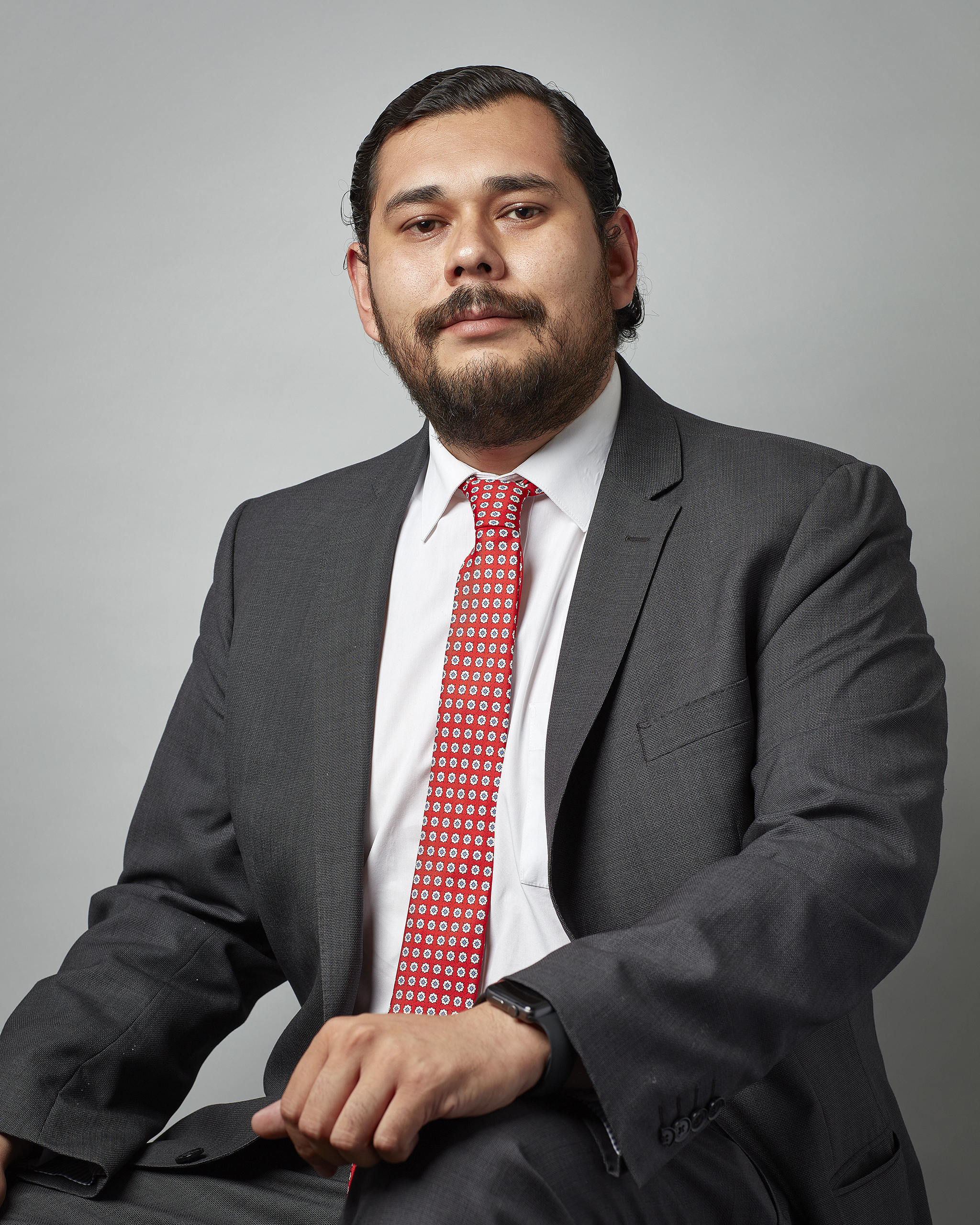
José Braulio Zendejas Cabrera
LAWYER
jzendejas@muclaw.mx
José Zendejas completed his law degree at the National Bar Association. Due to his analytical and strategic approach, he has excelled in providing a legal defense adhering to the highest standards of ethics and professionalism.
Zendejas keeps up to date with current legislation and the latest legal trends, with the clear objective of achieving favorable results for his clients, through competent legal representation, persuasive argumentation and rigorous legal research.
AREA OF EXPERTISE
José Braulio specializes in civil law, amparo, insurance and bonds, and commercial law. He has worked on a wide range of matters including contracts, civil liability, property, inheritance, debt collection, and more. He is familiar with the applicable laws and regulations to provide effective legal advice and representation.
English and Spanish
- Law Degree from the Barra Nacional de Abogados 2015.
- Diploma in Amparo Trial by the SCJN 2021.
- Throughout his professional career, he has represented important companies in the private sector, real estate, insurance companies, and financial institutions, achieving favorable results for his clients.
